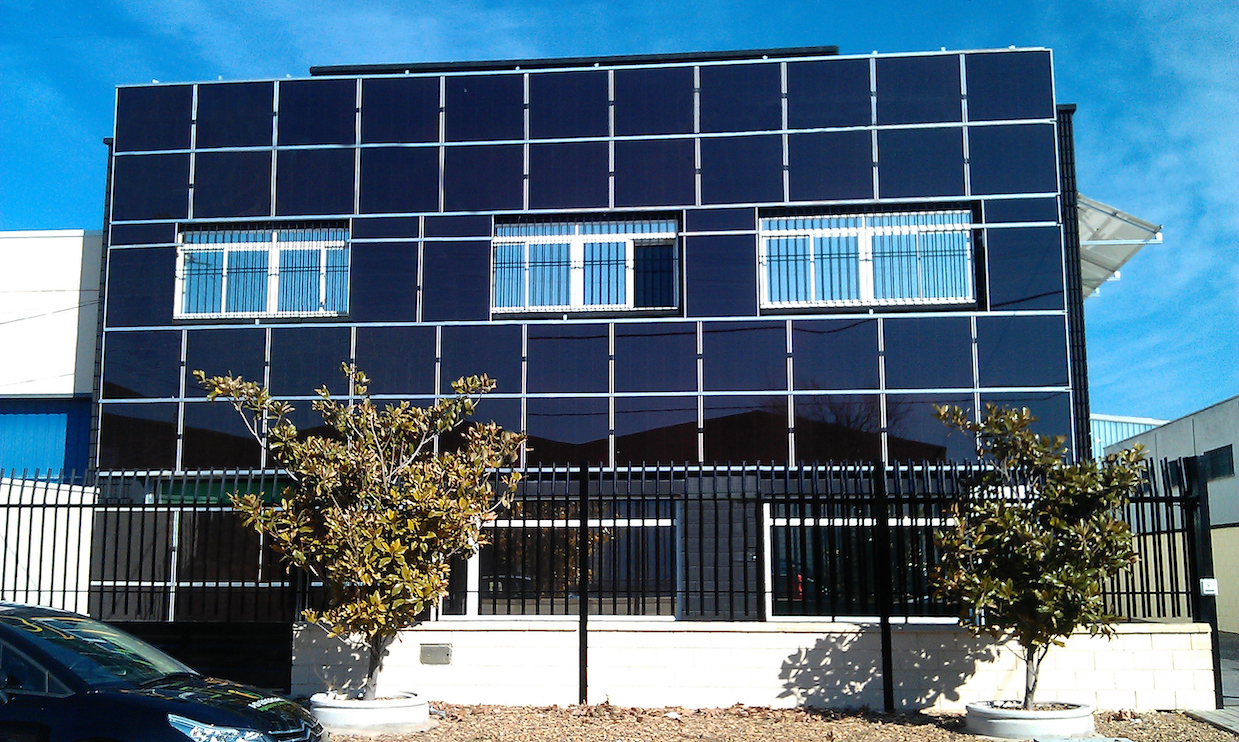Esta web utiliza cookies para que podamos ofrecerte la mejor experiencia de usuario posible. La información de las cookies se almacena en tu navegador y realiza funciones tales como reconocerte cuando vuelves a nuestra web o ayudar a nuestro equipo a comprender qué secciones de la web encuentras más interesantes y útiles.

Mirando al futuro más que nunca
Somos un grupo empresarial internacional dedicado a las energías renovables y especializado en solar fotovoltaica. Acompañamos a nuestros clientes en todas las fases del proceso, desde la identificación de oportunidades, el desarrollo de los proyectos hasta su construcción y mantenimiento, evitándoles riesgos y con un servicio comprometido, ágil y cercano.
ID Energy Group en cifras
+ 425
MW construidos
+ 5
GW en desarrollo
7 países
presentes
+ 250
empleados
+ 402
toneladas de CO2 evitadas al año
Nuestros valores, nuestro ADN
Todos somos agentes de cambio.
Tenemos el fiel compromiso de contribuir de manera positiva a la sociedad y al planeta. Imaginamos un mundo en el que la energía se crea de manera inteligente sin consumir anticipadamente la calidad de vida de las nuevas generaciones.
Beyond Solar Power

Presencia geográfica
(+34) 926 216 343
Calle Malagón, 10
13005 Ciudad Real
(+34) 910 581 923
Calle Acanto, 22. 11º
28045 Madrid
Calle Palillos Diecinueve, Nave 2
41500 Alcalá de Guadaíra (Sevilla)
Komitetu Obrony Robotników 45D
02-146 Varsovia
Plac Porozumienia Gdańskiego,1
80-864 Gdańsk
(+36) 1 365 6005
Andrássy Avenue 20. 2nd floor, 4
1061 Budapest
Dubljanska 33, 2º
11000 Belgrado
Viale Luca Gaurico 9/11 Scala A - 4º piano
00143 Roma
Zagreb
Calle Marchant Pereira Nº 150, oficina 502 y 503, de la Comuna de Providencia, región Metropolitana
Certificaciones
En ID Energy Group poseemos las certificaciones más relevantes del mercado, garantizando la calidad, seguridad y eficiencia de nuestros servicios.
ISO 9001:2015. Gestión de la Calidad
ISO 14001. Gestión Ambiental
ISO 45001. Gestión de Seguridad y Salud

Incentivos
Plan Promoción Internacionalización FEDER

Ayudas para el aprovechamiento de las energías renovables en Castilla-La Mancha 2018

Gestión de la Marca para la Internacionalización FEDER






